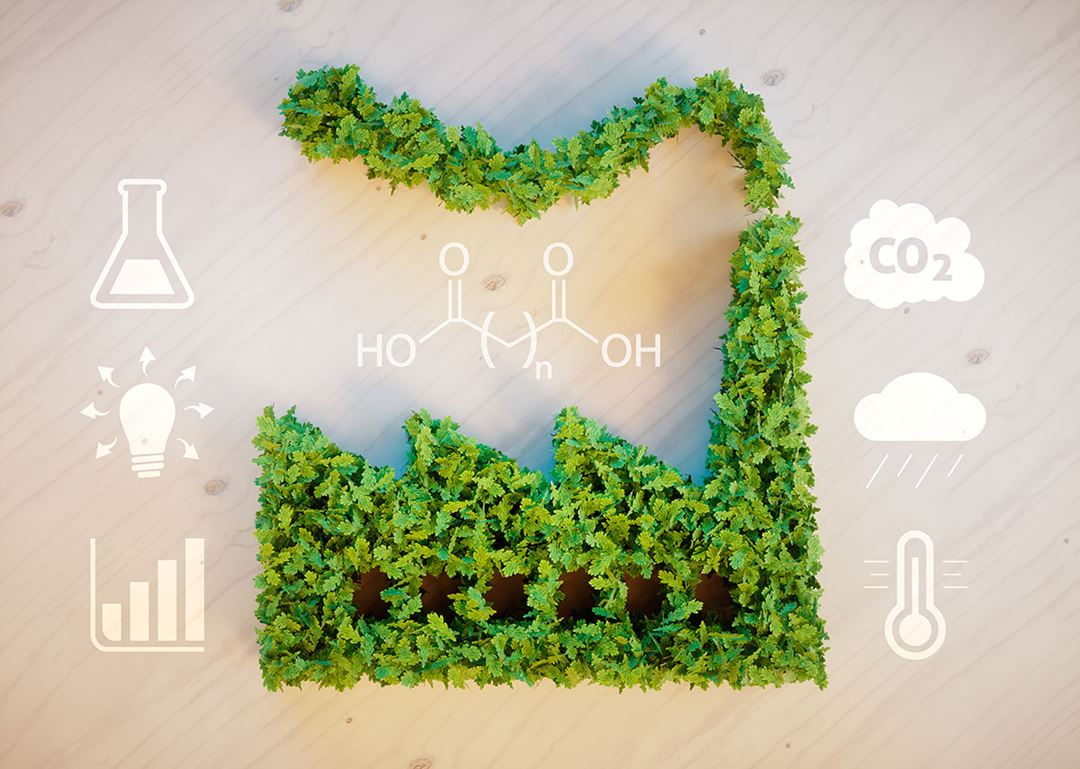In the focus of the project are new, sustainable ways of producing various carboxylic acids. Such compounds are important raw materials for products such as paints, polymers, catalysts, fine chemicals, agrochemicals, fragrances and dyes.
The chemical industry relies on green investments to keep up with EU climate goals and to strengthen competitiveness. Today’s thermochemical production processes often use fossil raw materials and additionally require large amounts of energy from fossil energy carriers. Electrification of processes and integration of renewable energy generated in Europe, can reduce energy consumption and CO2e emissions in the industry significantly. Novel, modern processes that replace conventional technologies also have the potential to reduce waste streams.
The project is coordinated by SINTEF, which will lead the process design and scale-up of the technologies. The new electrochemical process will be demonstrated in a pilot plant (at SINTEF Industry in Tiller) that will operate in an industrial setting, with a production rate of multiple tonnes per year and will provide sufficient know-how to plan a further scale-up to industrial scale plant. Full digitalization of the process will be achieved, which will enable optimized monitoring and control of the pilot plant. AI-based technology and "digital twinning" of the plant will play a key role here.
The consortium includes experts in the electrochemical field, such as the Max Planck Institute for Chemical Energy Conversions and ESy-Labs, and leading manufacturers of specialty chemicals and resins, such as Evonik and Megara Resins.
The project has a budget of 10 million €.

ELOXYCHEM project has been approved for funding in response to the Horizon Europe call “Energy efficiency breakthroughs in the process industries (HORIZON-CL4-2023-TWIN-TRANSITION-01-31)”.


